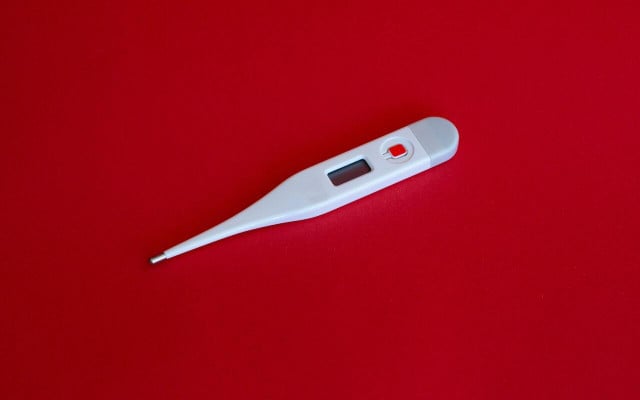If you’ve ever considered donating plasma, you might’ve also wondered what can disqualify you from donating plasma. We’ll outline the main reasons here.
Donating plasma is similar to donating blood — however, the question of what can disqualify you from donating plasma is generally that the requirements are much stricter than blood donations. This is mostly due to the fragile health of those receiving plasma donations. Donating plasma takes a bit longer, too, as they need to extract the plasma from the blood before putting the rest of the blood back in your body.
To be eligible to donate plasma in the US, you will need to meet the following criteria:
- Be at least 18 years old
- Weigh at least 110 pounds
- Pass a medical screening exam
- Test negative for blood diseases like hepatitis or HIV
- Complete a medical history screening
Once deemed an eligible donor, you can donate plasma up to 13 times per calendar year or every 28 days. Specific donation centers will allow more frequent donations, though a 2010 study found that plasma from frequent donors was lower in protein, albumin and other blood markers. Below, we’ve listed the most common reasons that can disqualify you from donating plasma.
1. Recent Sickness

This is the most common reason you might be disqualified from donating plasma, though it’s one of the easiest to overcome. You might be disqualified if you’ve had a cough, cold, or fever in the seven days leading up to your appointment. However, you simply need to wait until you’re feeling better and have been symptom-free for one week before you can make another appointment.
2. Medications or Recent Treatment



If you’ve recently had surgery or are undergoing treatment for an infection or illness, this can disqualify you from donating plasma. The American Red Cross lists medications that might defer your donation, depending on when they were last taken. This also includes certain over-the-counter medications like aspirin. Luckily, you are eligible again once the medication is completely out of your system, so you may just need to be patient before you can donate again.
3. Certain Chronic Illness



It probably doesn’t come as much of a surprise that certain chronic illnesses can prevent you from donating plasma. If you have a history of bleeding problems or have any of the following diseases, you will be disqualified from donating plasma:
- HIV
- Hepatitis
- Cancers of the blood (leukemia, lymphoma, or Hodgkin’s Disease)
- Sickle cell disease
- Active tuberculosis
4. Travel to At-Risk Areas



The risk of malaria is a common thing that can disqualify you from donating plasma, and it is taken very seriously. Malaria is transmitted by mosquito bites and can be transmitted through blood transfusion. If you’ve traveled to, or lived in a malaria-risk country, you may be disqualified from donating for up to three years, depending on how long you were there or if you contracted it during your stay.
If, on your travels, you contracted Zika virus, you will need to wait 120 days before you are eligible to donate plasma. If you contracted Ebola, you will never be able to donate.
Where You Can Donate Plasma
Due to the high need for plasma donations, there are hundreds of donation centers nationwide. You can look for American Red Cross Blood Services locations or go down the private route through organizations like CSL Plasma, Biomat USA, or BioLife Plasma Services. If you’re struggling to find a donation center nearby, you can ask at your local hospital, and they will be able to point you in the right direction.
Read more:
- Autophagy is What You Might Need Right Now to Boost Your Health
- Best Tea for Colds: These Blends Help Against Cough and Sore Throat
- Herbs for Sleep: 7 Natural Sleep Aids
Important Information regarding Health-related Topics.
** Links to retailers marked with ** or underlined orange are partially partner links: If you buy here, you actively support Utopia.org, because we will receive a small part of the sales proceeds. More info.Do you like this post?







